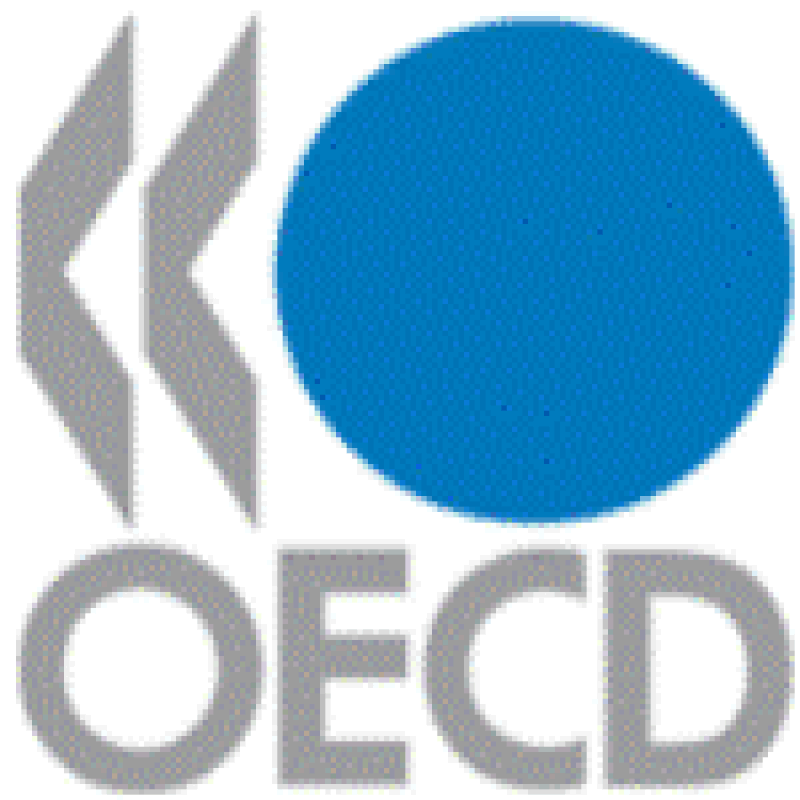
The statistics aim to provide transparency in the MAP process and highlight the trends behind the inventory.
Germany
Germany initiated 150 MAP cases in 2010, second only to the US, which opened 252.
MAPs are dealt with by the Federal Central Tax Office, which according to Alexander Voegele of NERA, is a “skilled and successful, but somewhat understaffed agency”.
“Although the Federal Central Tax Office is generally very supportive, even in difficult cases, the cycle time until a tax dispute is resolved can be significant,” said Voegele. “This is primarily due to Germany’s very specific federal structure, with the main tax responsibilities being at the state level.
“Due to these fractured responsibilities, German MAP staff need to liaise not only with the competent authorities of other countries, but also with the tax agencies of the states. The result is that compromise between multiple parties can be very hard and time-consuming to achieve, in particular for some complex cases,” Voegele added.
Germany’s economy is strongly linked into the global economy and this is leading to a trend in triangular MAP cases, involving three or more countries, and this is adding to the time individual cases take to clear.
However, whereas 37 of the cases unresolved by the end of 2006 had been older than six years, this number dropped to only 10 cases by the end of 2010, despite the total number in the MAP inventory, that is yet to be resolved, rising slightly during the same time from 476 to 484.
“It is positive that the collectionof assessed tax may be postponed until termination of an MAP or a legal remedy and that interest, which is charged during the suspension of tax collection, is more and more part and parcel of the MAP agreement settling the case,” said Voegele.
Canada
Canada is renowned for its dispute culture, with an aggressive tax authority and notorious number of well-known transfer pricing disputes such as GE Capital Canada and GlaxoSmithKline.
An arbitration clause, between the US and Canada, was enacted at the end of 2010 to mitigate the large number of transfer pricing disputes that arise between these two countries alone.
“The challenges faced by the competent authority (CA) should not surprise anyone,” said Matthew Wall of MDW Consulting. “In Canada, although the CA has hired more people, it is hard to keep pace with the volume and complexity of requests.”
The number of cases accepted has almost tripled in the last five years from 273 cases in 2006 to 2007 to 743 cases in 2010 to 2011.
“This explains the longer wait times throughout the CA process,” said Wall. “However, more worrying is the increased number of cases that go unresolved – double taxation – from 6%, or four cases, in 2006 to 2007 to 14%, or 13 cases, in 2010 to 2011. Unlike before, taxpayers must now consider if they will be successful at the CA, or if they will be better served by the appeals process and Tax Court of Canada.”
Wall said it is reasonable to expect most other countries are having the same or similar challenges.
Poland
In Poland MAP cases and advance pricing agreements (APA) are dealt with in the same department in the Ministry of Finance, but with separate, dedicated, teams.
“They are quite active on MAPs in respect of contacting and communicating other jurisdictions in particular with German tax authorities. I believe that most MAPs are with Germany,” said Aneta Blazejewska of Ernst & Young.
The average time for each case in 2010 was 20 months and this has slightly decreased compared to 2009 – 27 months - but is almost double as much as in 2006 where it was only 12 months.
“[However] it seems that Poland runs the biggest number of MAP in the region, compared to Czech Republic, Hungary and Slovakia,” said Rafal Mikulski of Salans.
The MAP process is losing ground to the APA programme, though.
“The timing still however looks like being not very efficient in contrary to APAs which are becoming more and more time efficient,” said Blazejewska.









